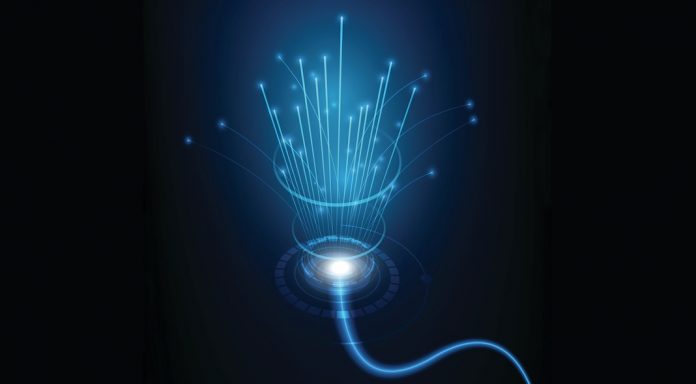The COVID-19 pandemic brought worldwide travel bans and heightened sanitation restrictions to the forefront, and the hotel industry took a particularly hard hit from COVID-related limitations, leading to stunted growth, job losses, and some property closures. But the hotels that remain have met ongoing challenges head-on with a mindset to improve operations and meet existing customers’ changing demands while planning for long-term growth. To meet both short-term and long-term needs, many hoteliers have turned to automation technology.
That technology, though, isn’t new: Self-serving kiosks, mobile keys, and chatbots have been around for years. However, the pressures from COVID-19 caused accelerated adoption, compelling many properties to quickly adapt. More hotels than ever before are now embracing automation technology to attract guests and improve customer experiences.
Health and Safety
The hospitality industry has always prioritized a commitment to guests’ health and safety; during the pandemic, it’s become increasingly important not only to provide safety-related services, but also to improve guests perceptions by being transparent about new protocols. Automation technology can improve both.
Before guests arrive on property, online automation software can offer prescreening tools like online health surveys to check for virus symptoms. Although surveys are only as accurate as the information provided, guests will be reassured that their safety is a priority. Continuously updated staff health tracking can use the same type of surveys.
Additionally, automation technology can ensure physical locations remain stocked with personal protective equipment. Depending on a hotel’s size, sensors and robotics can take real-time audits of stock levels; this can also be achieved through more traditional scanning methods connected to automatic reorder levels. Automatic reordering allows staff to remain focused on guest satisfaction.
Lower Environmental Impact
Green practices have caused utility costs to drop in recent years, and the hospitality industry is focused on keeping this momentum going. Automated energy components can help decrease costs. Smart thermostats can manage and monitor energy consumption room-by-room. Commercial thermostats can use door interfaces or sensors to recognize when a room is occupied and can adjust the temperature to standby mode when needed. Lights can be motion-censored and switch to standby mode when movement is not detected.
Fewer Touchpoints
Hotels have upgraded their deep cleaning processes because of the pandemic; in-person services can occur when guests aren’t present or after checkout. Reducing touch and contact points are of paramount importance. Voice command technology can be used for temperature, lighting, and audio/visual control. The same in-room assistant technology can offer guests access to hotel amenities, room services, concierge services, and more. While touchpoints will still need cleaning, offering voice-automated technology gives guests an upgraded comfort level during their stay.
Contactless check-in and checkout services can also be automated. Applications can provide guests with the ability to check-in, choose a room, create a digital key, and unlock a door from a phone. Upon checkout, guests can leave without interacting with a single hotel employee.
Better End-to-End Experience
Customers can bypass call center wait times – and the associated frustrations – with online automated tools. Chatbot programs using artificial intelligence can handle many basic customer service requests. Chatbots decrease overall wait times for customers by pre-screening their issue, and they keep customers occupied. Still, some issues need the human touch.
What Comes Next?
There’s a light at the end of the tunnel, with the ‘new normal’ potentially bringing a significant shift in travelers’ needs. Businesses are now using technology as a substitute for nonessential travel. It’s possible that leisure guests will lead the road to recovery, but only time and data will tell.
Automation can assist with leisure travel prediction. Machine learning sifts through changing data and offers insights that humans often miss. Data analytics can offer a competitive advantage by catching early opportunities to innovate and respond.
While automation technologies are driving value during the pandemic, their long-term value increases efficiency to both guests and employees. The current climate is encouraging a fast and robust adoption of these technology, but the value lies in automation’s long-term application.











